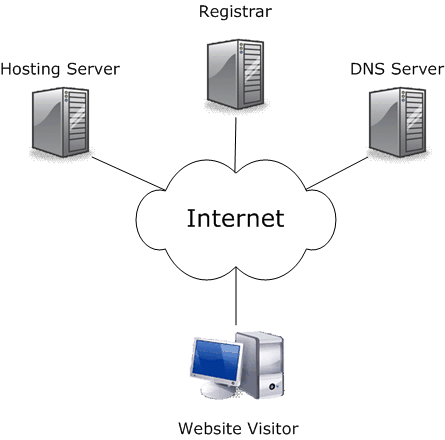Types of Cloud Computing
- December 23, 2009
- by
- Pravin

Whenever IT always need to add capabilities or increase capacity without investing in a new infrastructure, licensing new software, or training new staff first word that came to your mind is Cloud Computing. Any subscription based or pay-per-use service over the Internet is included in Cloud Computing, it helps in extending IT limits. You may have come across various analysts, IT customers and vendors talking cloud hosting and its features. Based on the various discussions here is in rough what really means:
Utility Computing
A comparatively new but well acquired form of Cloud Computing. It is major support is from industry giants like Sun, IBM and Amazon.com, and various others who are offering virtual and storage servers which can be accessed by clients on demand. Newbie’s use Cloud Computing for non-mission critical, supplemental needs but it will be soon be replaced parts of data center. Other providers are offering solutions that will help in creating virtual data centers from commodity servers. These virtualized servers enable users to stitch up storage, I/O computational capacity and memory.
SaaS (Software as a Service)
In this kind of Cloud Computing a single application is delivered through browsers to thousands of customers using a multi tenant architecture. From the customers point iof view it means no extra investment in software of server licensing. From the vendors side only a single application to maintain and costs are way low as compared to conventional hosting.

Web Services in Cloud Computing
This is closed related to SaaS and Web service providers offers APIs. These APIs in place of delivering full-blown applications allows developers to develop functionality over the Internet. Full range of APIs offered are ADP payroll, Google Maps, Bloomberg, U.S. Postal Service and may other credit card processing companies. Small time API vendors include Xignite and Strike Iron.
Platform as a service
This is another variation of SaaS, it delivers development environments as a service. Application is build by you which will run on the provider’s infrastructure and later delivered to your users through Internet from the server of the provider. These services do not offer you complete freedom as they are controlled from vendors end, but instead they offer pre-integration and inevitability.
Managed Service Providers (MSP)
This is one of the oldest form of cloud computing. Managed service is basically an application which is directly exposed to IT Companies instead of end users. Best example is application monitoring service or virus scanning service for e-mail. Some of the most famous managed security services are delivered by IBM, SecureWorks and Verizon. Other famous offering include CenterBeam’s and Everdream’s desktop management services.
Commerce Platform Services
This is a hybrid of SaaS and MSP. Its basically work is to provide service hub that can be used by users to interact with each other. Most commonly they are used in trading business like expense management system that allows users to order secretarial services or travel from common platform and then organizing the service delivery and pricing inside the specifications set by the user. You can also call it as automated service bureau.
